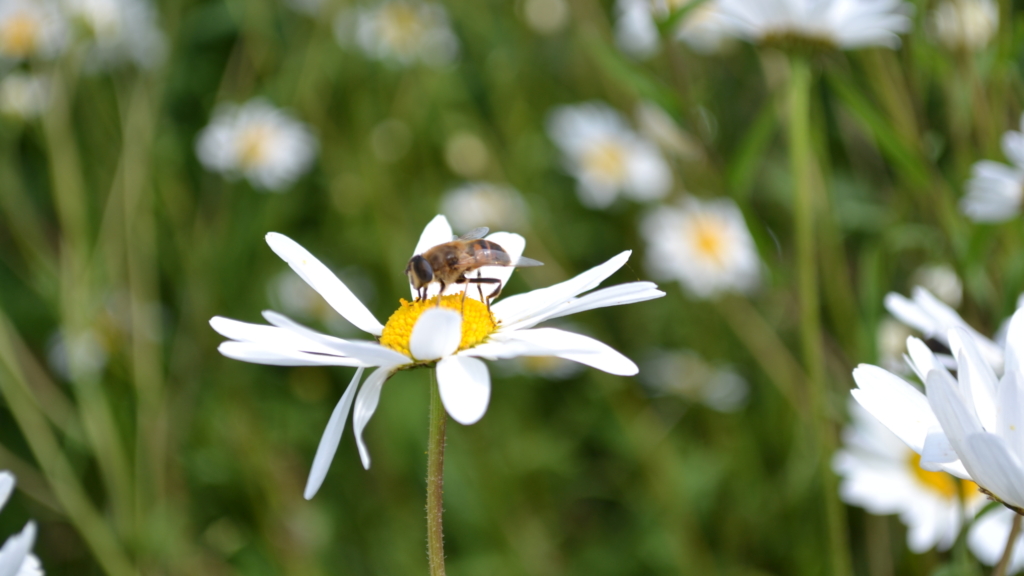
Many assumed that with the banning of neonicotinoids in the EU and UK, bees and pollinators would now be safe from harms caused by pesticides. However, this view ignores the impacts that ongoing, widespread use of other pesticides continues to have on bees and other pollinator species. In fact, numerous studies have shown that other classes of pesticides, and in particular herbicides, can harm pollinators both directly and indirectly.
Pollinators are also often exposed to more than one active substance at a time, and interactions between different pesticides can cause more harm than exposure to individual chemicals – a phenomenon known as the ‘cocktail effect’. In addition, habitats and food sources can be poisoned or destroyed by the use of herbicides which remove the natural resources pollinators rely upon, ultimately threatening their existence.
It’s vital that decision-makers broaden their current narrow focus on a small group of insecticides and take action to protect pollinators from the harmful effects of all pesticides and, in particular, pay more attention to the impact of herbicides.
This PAN UK policy briefing explores the various types of herbicides used in both agricultural and urban landscapes, the increase in their use, and the direct and indirect impacts of these pesticides on our bees and pollinators. It also presents PAN UK’s recommendations to a range of stakeholders including the UK Government and supermarkets on how to better protect our pollinators from further pesticide-related harms.
